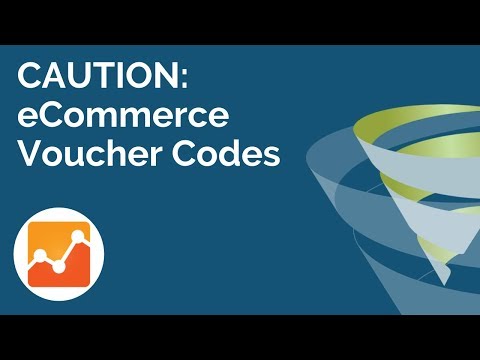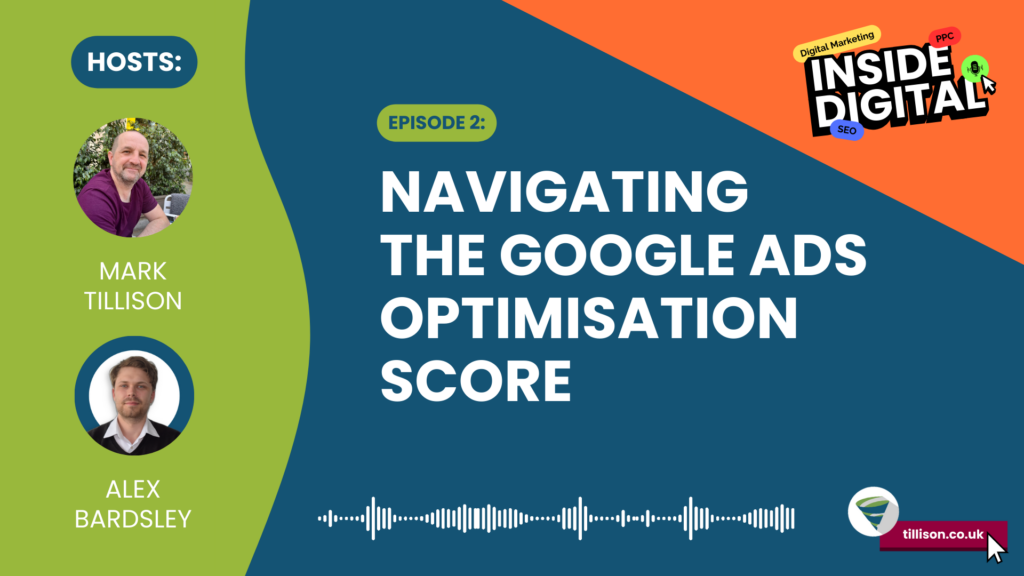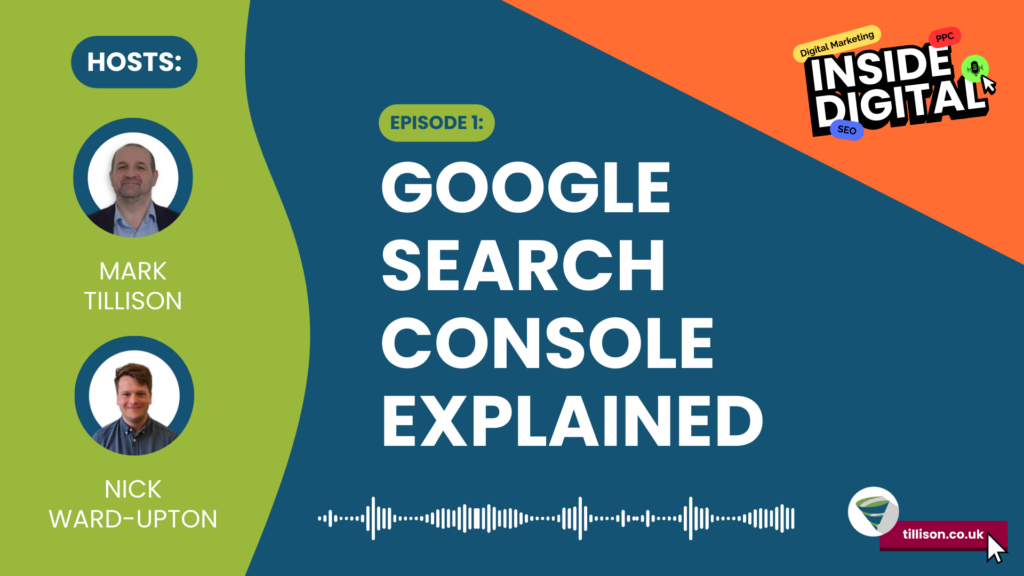In a recent Google Ads Audit, we discovered that thousands – that’s right, thousands – of pounds of revenue was being attributed to discount code sites. In reality, what those sites were doing was stealing profit from sales that mostly would have happened without them. What’s worse, eCommerce stores are making this happen. It’s absolutely nuts.
In the latest instalment of our T-Time web series, Mark Tillison explains how to measure whether eCommerce discount code sites are delivering additional sales and revenue to your online store, or whether you’re just unnecessarily giving profit away.

Let’s begin with a disclaimer: we are not saying that third-party sites offering promo and voucher codes for eCommerce stores categorically do not work. There can be a case made for them, and there are some excellent sites out there which help businesses thrive and attract new customers through offering eCommerce discount codes.
What we are saying, however, is that it is imperative to check your data in Google Analytics and make sure that your conversions are being attributed to the right channel.
Comparing last interaction and first interaction data
(01:28) Check out this episode of T-Time for a more in-depth explanation on attribution, but for the time being, let’s focus on the standard attribution model in Google Analytics, which is known as last click or last interaction. This model means that the final click before the conversion will be attributed its full value, regardless what happens before someone purchases from your eCommerce store – how they found your brand, how they initially searched for you, and so on. Herein lies the problem with eCommerce discount codes…
To check that your conversion data for eCommerce discount codes is accurate, head to the Conversions menu in your Google Analytics sidebar, expand the Attribution sub-menu and select Model Comparison Tool.
When you look at last interaction data in Google Analytics, you will be able to see all the channels through which your site was accessed immediately before the user(s) converted – whether that’s directly, through organic or paid search, or via a referral.
Click through to see the referral sites, and you may find that the number of sales and revenue attributed to a site offering eCommerce discount codes is much higher than any other site. This all looks fine and something of a benefit to your business on the surface, but you need to compare the last interaction data with first interaction data to get the full picture.
When we carried out a Google Ads audit on the aforementioned client’s site, their data showed a total of 140 last interaction conversions from an eCommerce voucher site, with a total value just shy of £7,000. This looks like big money, especially when we noticed that Yahoo Search was only attributed for 27 last interaction conversions, valued at less than £800.
However, their first interaction data only attributed nine conversions to the same eCommerce voucher site, with a value of just £400 – this means that 93% of those 140 last click conversions actually came from people who found our website through either an organic or paid channel, before leaving to find a discount code and then returning to convert.
The problem with eCommerce discount codes
You may be thinking that the above scenario is a pretty accurate reflection of the typical user journey in eCommerce – someone lands on your site, decides they want to make a purchase, but first wants to see if they can save any money by using a voucher or promo code. This may be true, but the problem here is that eCommerce stores are accepting that this is the norm – in doing so, they are essentially leaving a large chunk of their revenue on the table.
In a large number of eCommerce checkouts, you’re likely to find a call to action instructing users to enter a promo code. Chances are that your users will see this call to action and exit your site, only to return later with a code to essentially deprive you of a portion of your revenue. Not to mention, you’d also be paying a referral fee to the site that provided your user with the discount code.
What to do with eCommerce discount codes
If you can prove in Google Analytics that websites offering eCommerce discount codes are actually generating first click traffic for your website, then there is undeniable value in these sites. What you don’t want to do is encourage users who come to your store without a discount code to leave to grab one – worse yet, if they can’t find a discount code which is good enough in their eyes, they may not ever return to your site.
There are plenty of on-page solutions to this problem such as making your call to action a lot smaller, or even taking it off the page entirely unless necessary – for example, when you’re hosting a sale or clearance which requires a code to be entered at the checkout.
If you’re looking for a more technical solution, you could use a tool like Google Optimize to create a custom version of the page exclusively for the users which access your site via a voucher code site. Therefore, anyone who accesses your site through an alternative channel will not be able to enter a discount code at the checkout. This opens up opportunities for some split testing on your site, so you can see just how effective eCommerce discount codes are for your store.
If you found this episode of T-Time with Tillison useful, subscribe to our YouTube channel for more tips and advice on how to improve your business using social media, PPC, SEO and beyond.
Do you have any questions about eCommerce discount codes, or analysing data through Google Analytics? Get in touch with your questions in the comments, or click below to find out more about our bespoke Google Analytics training courses.







